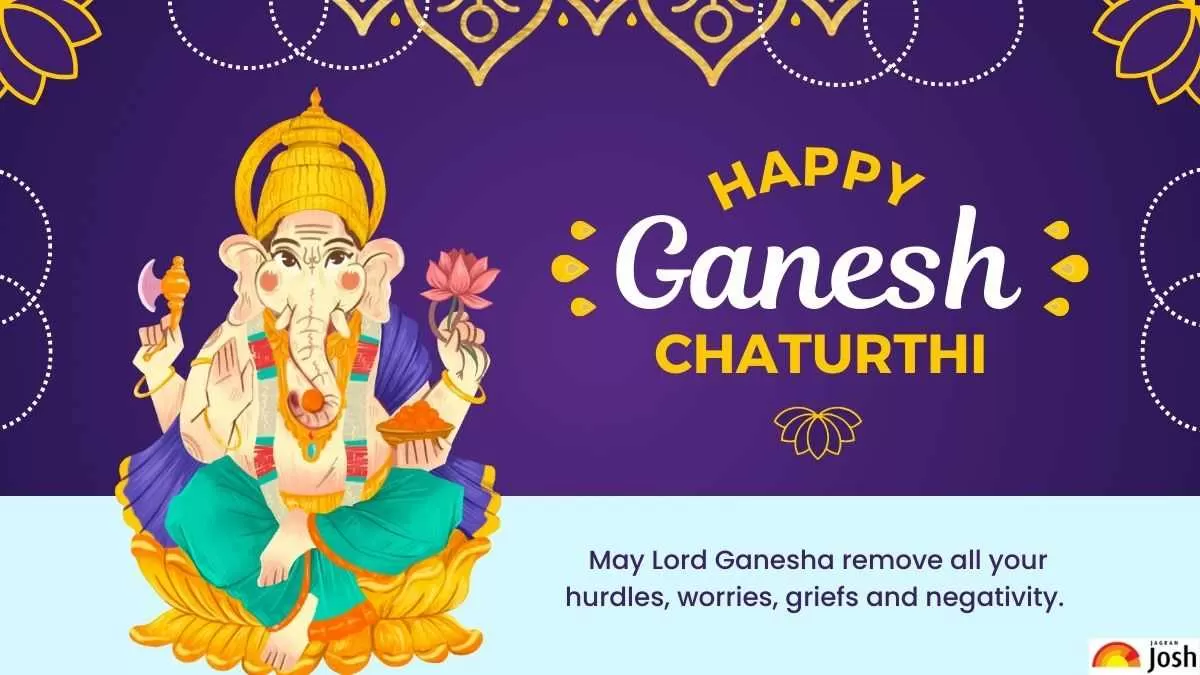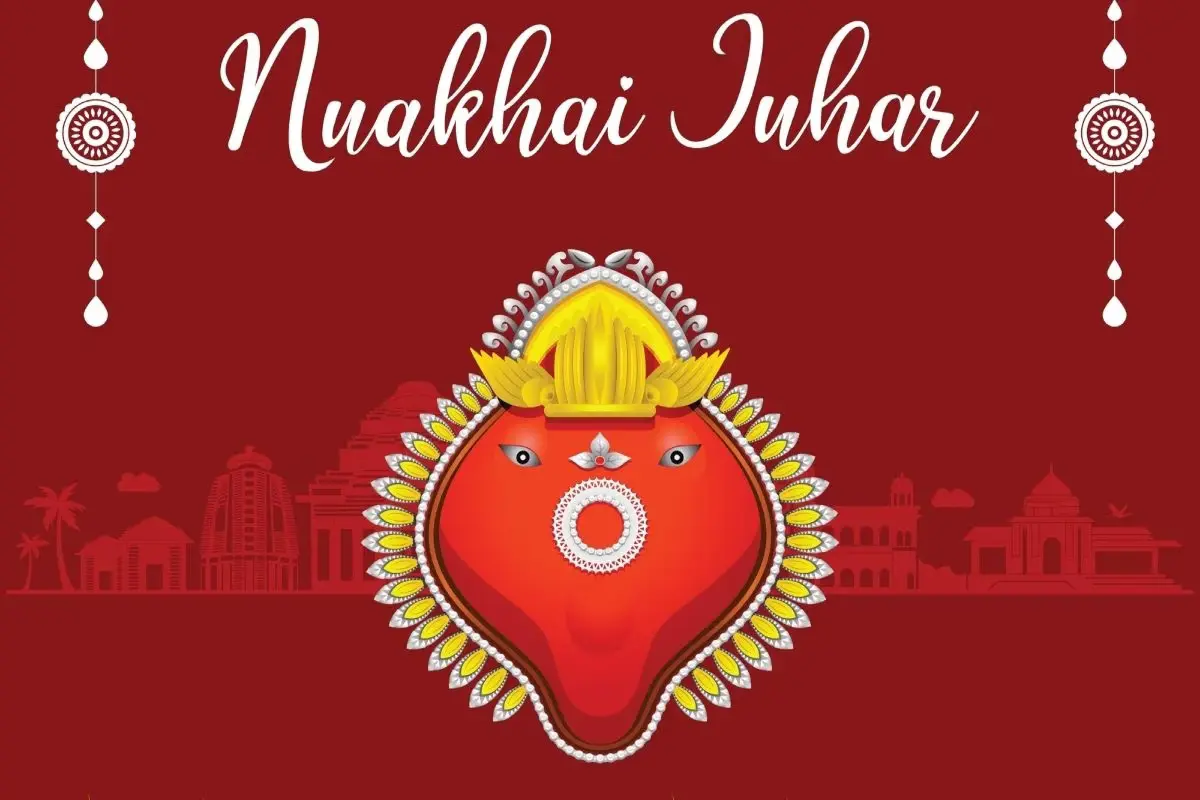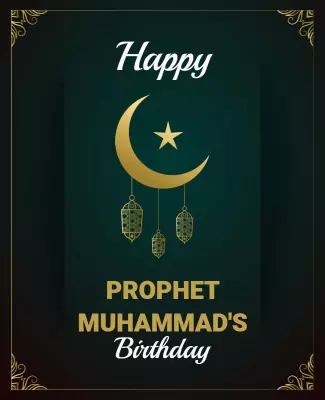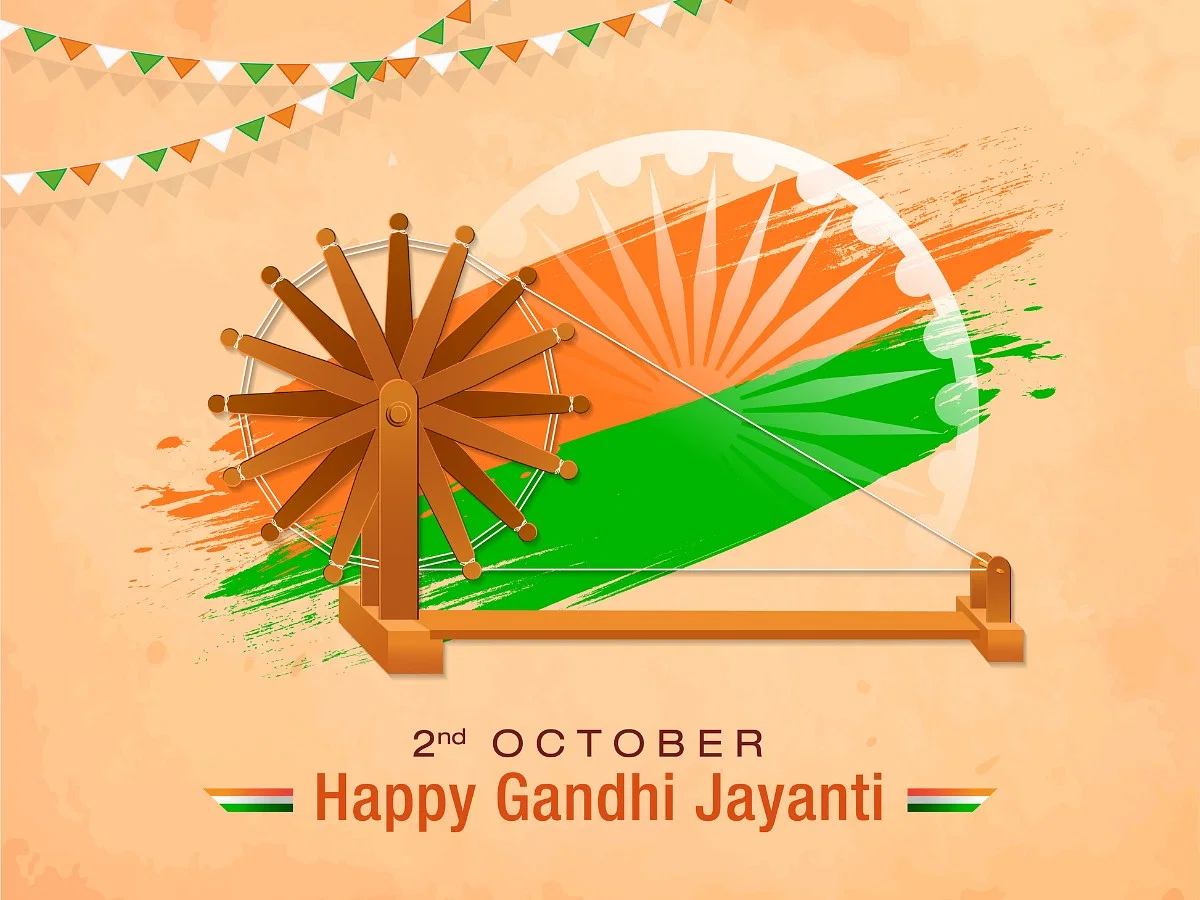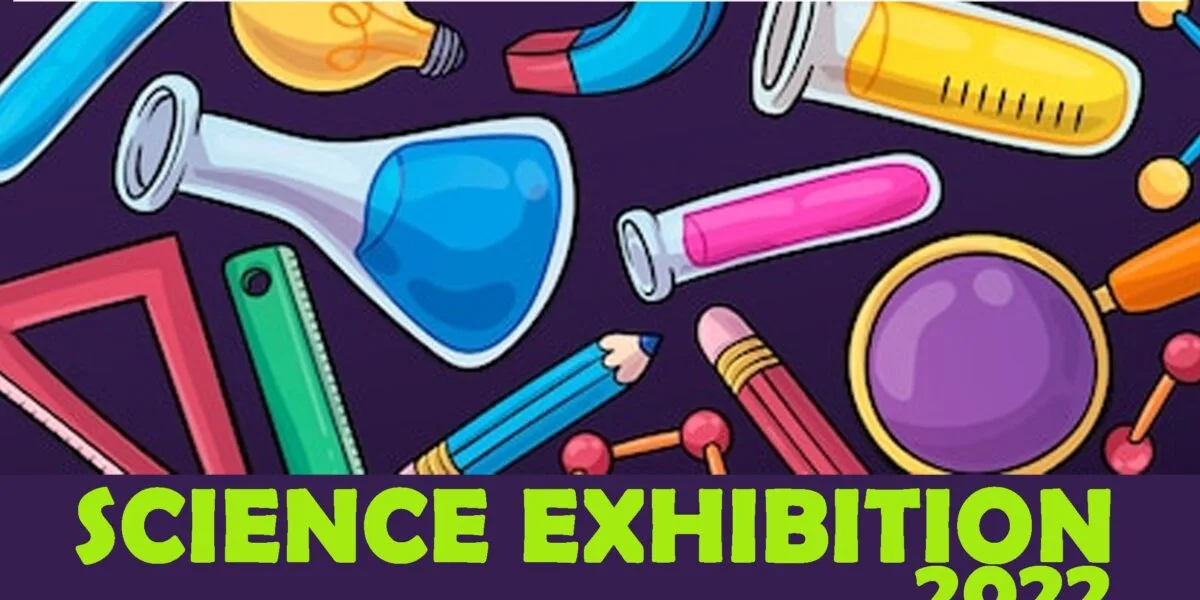Ganesh Chaturthi
Ganesh Chaturthi is a vibrant and joyous festival celebrating the birth of Lord Ganesha, the beloved elephant-headed deity of wisdom, prosperity, and new beginnings. Observed with great enthusiasm, this festival involves installing beautifully crafted Ganesha idols in homes and public spaces, offering prayers, and performing rituals to seek his blessings. The celebration lasts for ten days, culminating in the immersion of the idols in water, symbolizing the cycle of creation and dissolution. Ganesh Chaturthi brings communities together with music, dance, and festive foods, fostering a sense of unity and devotion while honoring the spirit of Ganesha.


